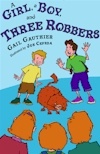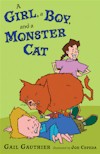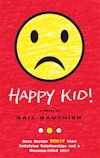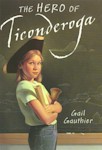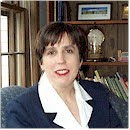You Might Not Want To Wait For That Lightning Strike
So, as I mentioned in my last riveting post, yesterday I attended a NESCBWI salon. Nancy Poydar (who used to teach in Concord, Massachusetts--If I'd only known I would have badgered her about Transcendentalists!) and Nancy Werlin (the first National Book Award finalist I've ever eaten lunch with) were the speakers.
The Two Nancies' subject was Building a Career as a Children's Author/Illustrator. What was particularly interesting is that they both discussed whether or not authors should expect to be supporting themselves totally with their writing, and, if so, at what point in their careers that might happen.
There's a lot of misconceptions about the kind of money writers make and what might be considered a successful book. I've heard writers say that we have a right to make a living doing what we want to do. This was discussed quite frequently at a writers' community I once belonged to. I've also read about disappointment over sales that were actually pretty standard, even good. On a more personal level, I've had a guy tell me his wife was planning to write a book to generate some extra income while she was on maternity leave, believing generating extra income with a book would be that quick and easy to do. I also had a friend suggest that my writing was paying for the addition we were building on our house a while back. (No, but I once was able to buy a couch.)
I think, myself, that the belief that writing is a living, forget about a path to riches, probably is a result of the success of writers like Stephen King, Patricia Cornwell, John Grisham in the '80s and, of course, in kidlit, J.K. Rowling in the '90s. It seems as if there are a lot of bestselling authors, but only if you don't realize how many authors are out there. Once you realize that there are supposed to be in excess of a hundred and fifty thousand books being published every year, you begin to understand how many writers there must be and what a small percentage of them become wildly successful. As someone said at lunch, it's much like being struck by lightning. It doesn't happen often.
That's why very, very successful writers get a lot of press--financial success in writing is rare, making it newsworthy. Again, like being struck by lightning.
A writing career, as both Nancies pointed out, isn't something that will support most writers. It's something most writers are going to need to support with either other kinds of work or help from family members. Writing, I'd like to add, is also a choosen lifestyle. You want books, writing, other writers, study, your writing space--to name a few things--in your life. This is part of what you're supporting.
Writing is not a bad career. You do have to build it, though. You have to support it.
Labels: Gail goes on and on, literary events
